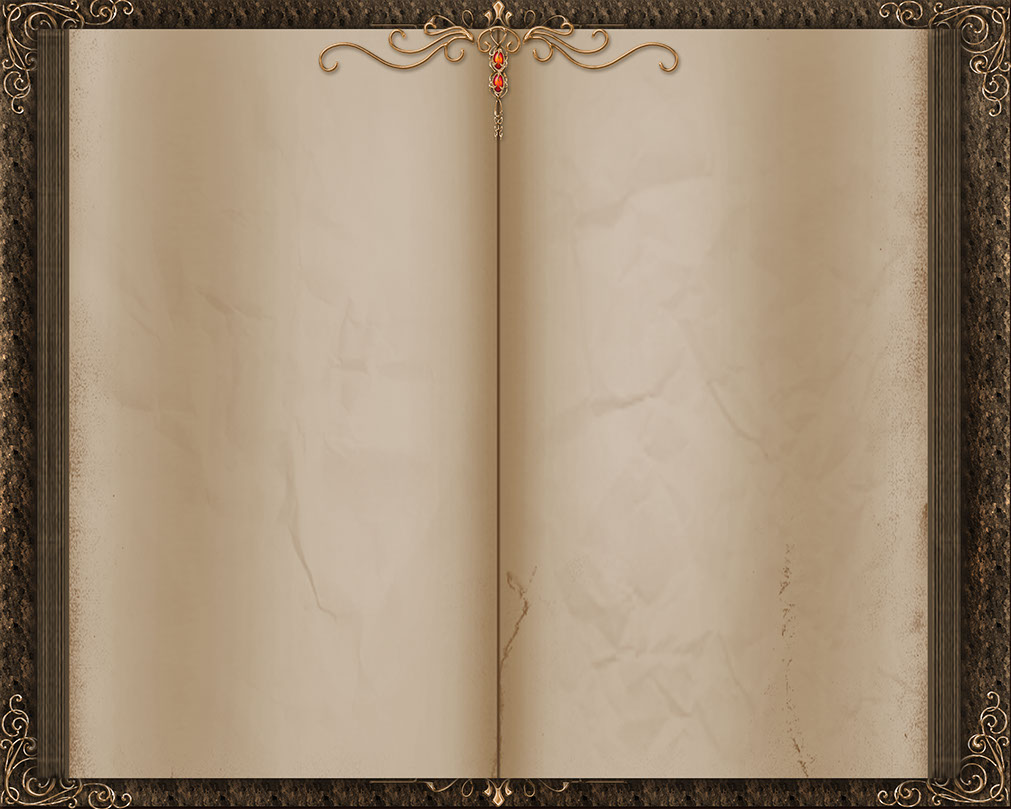
reveal the national feeling of Southerners in one of his early speeches: “We feel that our cause is just and holy; we…desire peace at any sacrifice, save that of honor and independence…all we ask is to be let alone.” The ferocity and stamina exhibited by Confederate soldiers is more readily explained by the assertion that Southerners felt they were defending their homes and homeland, not merely seeking to preserve slavery. Likewise, the now controversial Confederate flag became a symbol of their “holy cause” and the principles it represented were to be defended “to the last of your breath...” (Bennett)
Wanted: Chaplains and Bibles
The need for religious counseling and encouragement were realized in the first year of the war, and local ministers and laymen rushed to fill the void. At first the chaplains were not welcomed by most officers and were referred to as “the scourge of the army.” Some believed the soldiers would become so terrified at the prospect of an eternal afterlife in hell that they would refuse to go into battle. The reverse proved to be true. Countless records attest to the fact that soldiers who had accepted Christ as their Savior faced imminent death with an unsurpassed calmness and courage.
Those ministers who joined the army for adventure and romance didn’t last long; one chaplain took off from the
scene of battle with coattails flying, resembling nothing so much as a huge black buzzard in flight. Those who came with a heartfelt desire to share the gospel and minister to the soldiers came to be deeply loved and appreciated—even by the officers.An appeal went out for Bibles, but the Northern blockade and the lack of printing presses in the South restricted the availability of Bibles and religious literature. People on the home front sent their own Bibles, for most homes had more than one; even heirloom and family Bibles found their way into the army camps. Religious tracts were dispersed by the thousands. Because of the zeal and courage of these missionaries (of whom there were many women as well as men), revivals began breaking out in hundreds of the camps. The result was a need for even more Bibles. An urgent letter was written to the British and Foreign Bible Society, who sent three times the number requested, free of interest.
What did the men do with these Bibles? One army chaplain said he saw “many soldiers reading their Testaments with the deepest attention while lying in the trenches awaiting orders.” (Bennett)
An army-wide revival
Conversions became rampant. The singing of hymns replaced profanity, attending worship services replaced the visits to town saloons and brothels, and reading the

home
personal interest
Copyright © 2023 Debra Diaz



